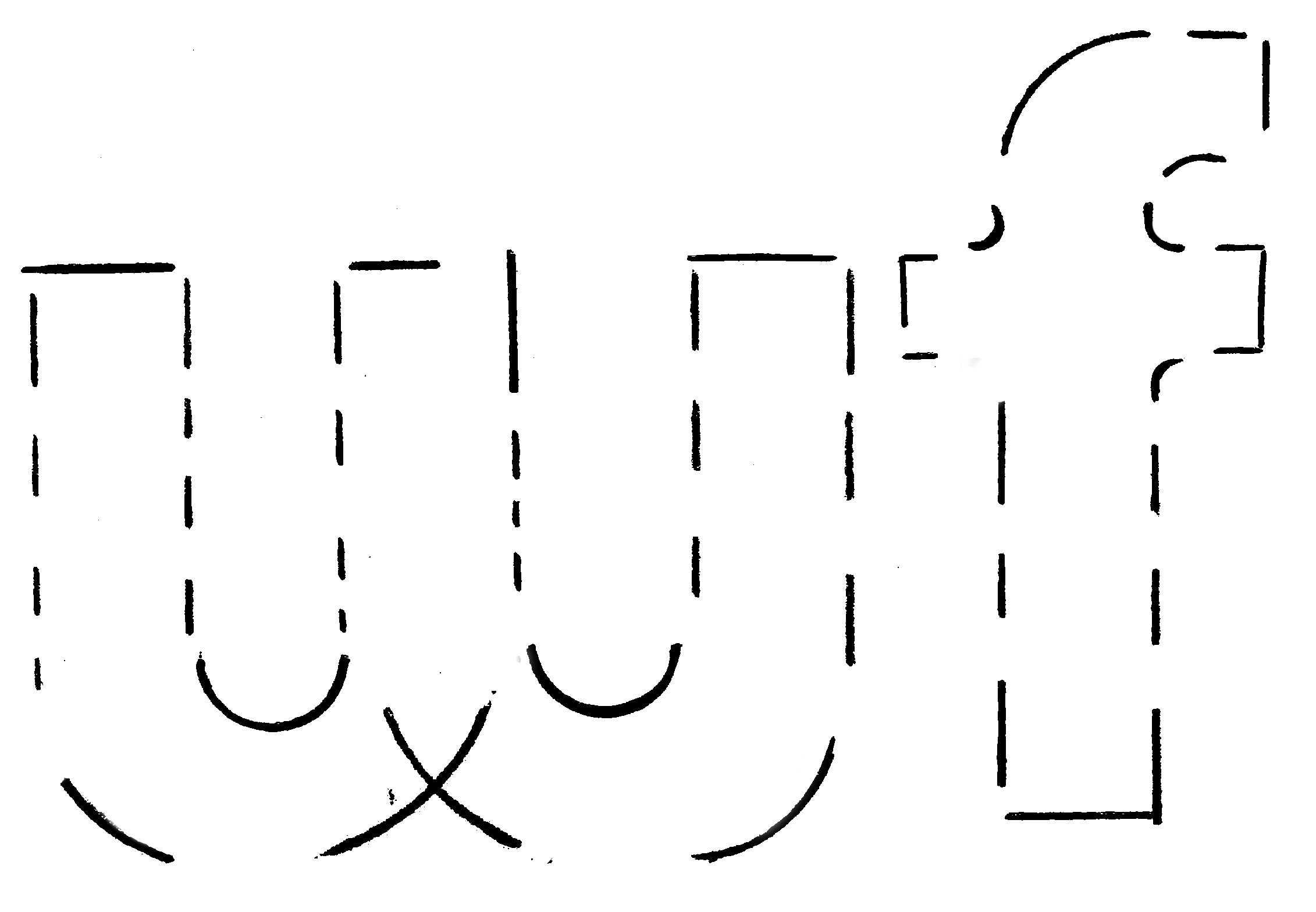Reverie
Sep 1, 2004 — Feb 28, 2005
Description:
Reverie was a multicomponent online art project. Imagined as a virtual city, it invited sound artists from around the world to navigate and work within its web-based infrastructure.The web interface consisted of abstracted images of built environments around the world—such as Sunset Boulevard, lower Manhattan, boat houses on the canal, the Surrey landfill site, and a public botanical garden of the future—overlayed to create a composite map. Each artist was able to define the characteristics of their environment and sound venue. Artists were able to select a spot on the map and operate the venue by scheduling performances and broadcasts, as well as archive excerpts from their performances.
It was intended that over time, the growing web of audio art would define a structure of neighbourhoods and communities in which artists could plan time-based events and engage other inhabitants in collaboration and exchange.
Beginning in September 2004, artist residencies built out the interface and technical aspects of the project, along with some initial experimental artistic works. The artists in residence (in chronological order) were Jean Routhier, Elizabeth Fischer, Alberto Guedea, Ken Roux, Igor Santizo, Michael North, Anna Friz, Roberto Paci Dalò, and Francesca Mizzoni.
The peak of activity was a four-day international audio streaming and exchange event during Art’s Birthday in January 2005.
“Reverie” is taken from the name of the planet in science fiction novel, The Artificial Kid (1987) by Bruce Sterling. The book is both a comment on our contemporary North American urban phenomenon and an exploration of virtuality.
The project also resulted in a catalogue publication with essays by Peter Courtemanche and Anna Friz and release of a CD of select audio recordings from the project.
Curated by Peter Courtemanche and Jean Routhier.
Related People
Related Events
-
2005Talk by Anna Friz
-
2005Art's Birthday Concerts
-
2005Reverie: Art's Birthday
-
2005Francesca Mizzoni and Roberto Paci Dalò in Residence
-
2004Anna Friz in Residence
-
2004Alberto Guedea, Michael North, Ken Roux, and Igor Santizo in Residence
-
2004Jean Routhier in Residence
-
2004Elizabeth Fischer in Residence
